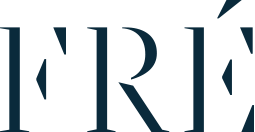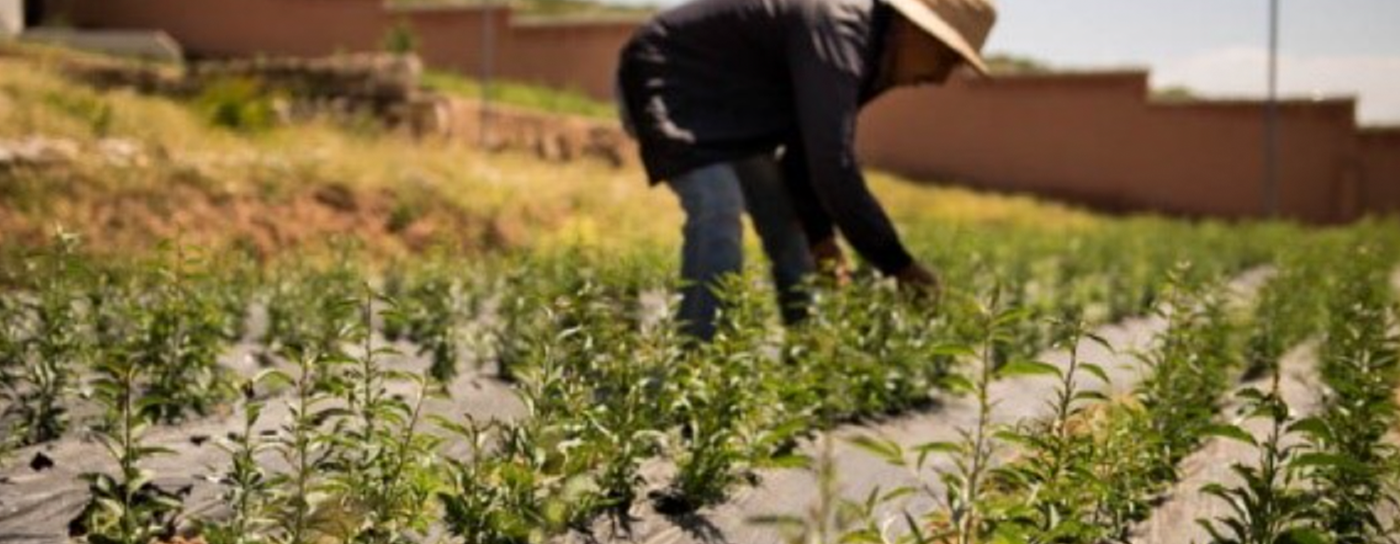
20% OFF + FREE SHIPPING ON YOUR FIRST ORDER. LEARN MORE.
Buy the New Body Sunscreen and Get a FREE Mini Face Sunscreen
WHILE SUPPLIES LAST OR THROUGH 4/16.
WHILE SUPPLIES LAST OR THROUGH 4/16.
20% OFF + FREE SHIPPING ON YOUR FIRST ORDER. LEARN MORE.
Buy the New Body Sunscreen and Get a FREE Mini Face Sunscreen
WHILE SUPPLIES LAST OR THROUGH 4/16.
WHILE SUPPLIES LAST OR THROUGH 4/16.
Your Bag
✕
Your Cart is Empty





